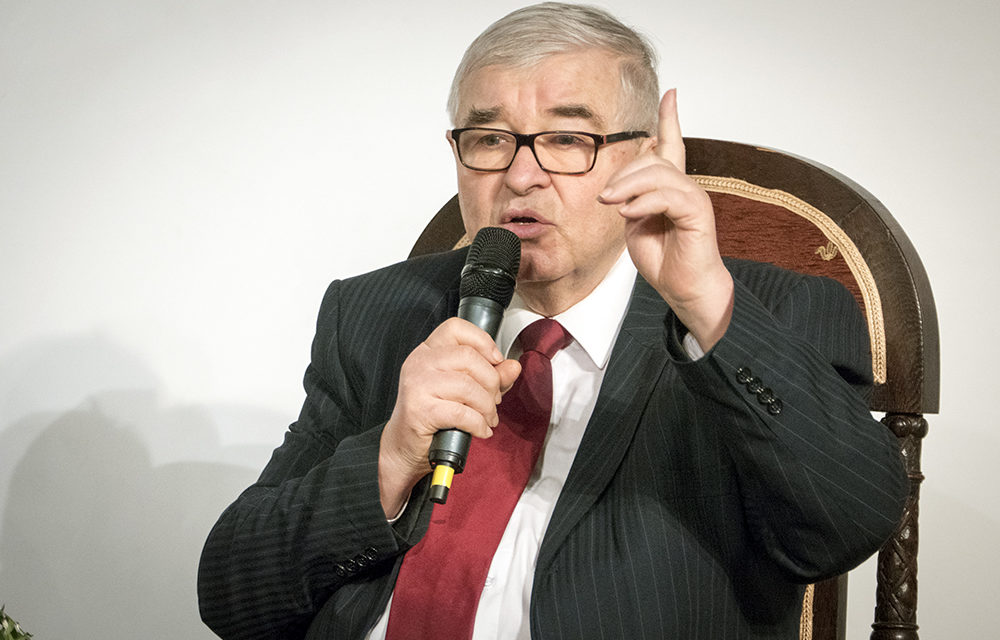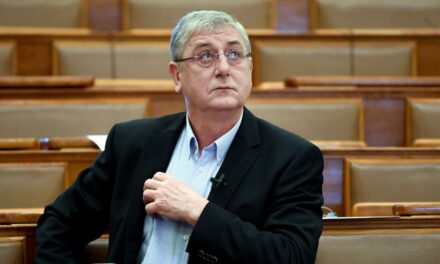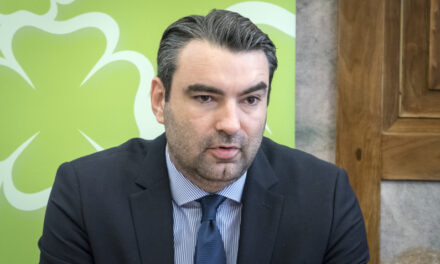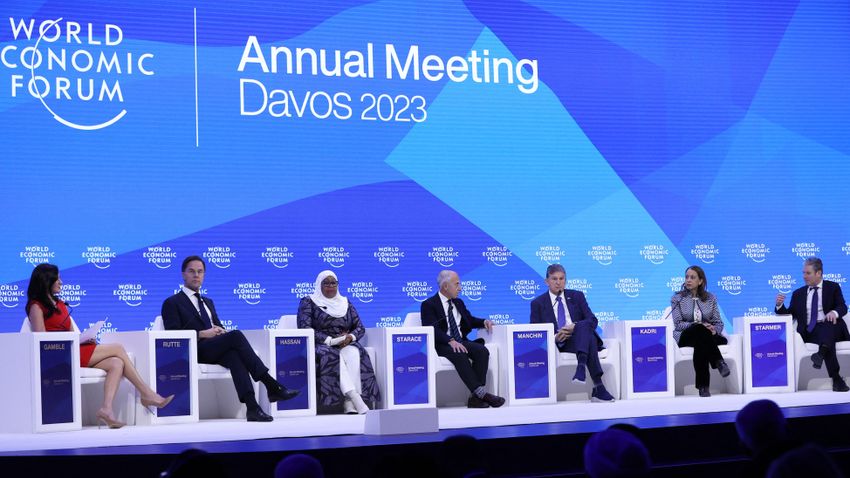From purely business and common-sense considerations, the basic interest of those involved would be for the Russians to sell, and for Europe and Asia to buy the Russian energy carriers. However, this business model would kill the dominance of private money.
After more than three centuries of triumph, the rule of the Anglo-Saxon world empire of private money is coming to an end. In the past, the Portuguese, Spanish, Dutch, and French took turns at the imperial posts. Almost none of their dominance lasted more than a century.
The half-sailor, half-pirate English merchants had a very good relationship with the ruling house for a long time, and operated under its subordination. However, the enriched oligarchs got tired of the guardianship, swept away the ruling kingdom, sent the king to the deathbed, and founded a republic. After half a century, they realized that their goals were much better served by a monarchy, where the monarch rules but does not govern. The task of governing was taken over by oligarchs who hid behind private money, gathered in parties and competed with each other.
Their goal was realized for centuries with the establishment of the Bank of England with private money and as a private bank (1694). The empire-building fell into hidden private hands chosen by no one, but it was carried out in state execution. The bank created unlimited money for the imperial purpose and also supplied the ruling house, in return the ruler provided the army and the fleet. The private bank made the state its eternal debtor, without it the state had no room for maneuver. This is where the rapid rise of the Anglo-Saxon private money empire comes from.
The French counter-empire (Napoleon) allied against him was also defeated by the assembled coalition, which could hardly have succeeded without English private money. The control post of the private money empire was transferred to the United States before the First World War (1913), mainly due to the rise of the new potential counter-empire, Germany.
In 1945, it was also eliminated, which was followed by the unlimited expansion of the private dollar-based monetary empire, mainly in Europe. As a private currency, the dollar is the official currency of America, and since 1944 (Bretton Woods) it has also been the world currency. Every product on the world market is priced and sold in dollars. The private money empire of the dollar reached its zenith at the turn of the 21st century.
The financial crisis of 2008-09 indicated the fatal vulnerability of the system. Government debts denominated in the money issued by the system (now dollars and euros) are no longer cheaply and obliviously bought by the investing public. That is why the issuing banks (FED, ECB) are forced to buy them up themselves. The private banking giant was forced to bite its own tail. The covid crisis came immediately after the still-unhealed financial crisis, and now the Russian-Ukrainian war is here. Russia acted as an aggressor according to the definitions of international law, but in the interest of its own national security, and broke off almost all of its existing relations with the West, which operates on private funds.
With the war, Russia wants to get rid of the situation that the West has placed its offensive weapons closer to its borders. Ukraine's prospective NATO membership increased the threat. In order to protect its strategic positions, the West hits the "aggressor" with almost unlimited sanctions. However, the only living, very strong relationship, the Western energy import and the payment for it, continues to work between the parties. This is the only thing missing from the dense web of Western sanctions. Europe continues to buy crude oil and natural gas from the Russians.
America also buys the uranium it needs for its nuclear power plants from the Russians. Energy carriers seem to form the unbreakable bond that binds the West to Russia even in this crisis situation. If this were to be cut, Europe's economy would be ruined in a short time, and even the United States, the main center of private money, would suffer. It is therefore worth reviewing the world's energy landscape, despite the fact that private money has also organized these markets into its own "market" system.
The widely distributed commodities of the world market are stock exchange products, the prices are listed in dollars, and the sales and purchases are made in dollars. It has dollar-based exchanges for oil, grains, base metals, etc. Private money has a great influence on pricing. The world market is therefore operated by private money (market maker), and it shapes prices according to its interests. The only question is, how long will private money be able to command this canon? It depends on how far the owners and users of the energy resources are willing to follow the dictates of private money. It does not matter who produces, controls and uses the first-rate energy sources in the future.
Uranium wants to be at the forefront, because nuclear energy is unavoidable and dynamic growth is expected in the future. Russian dominance is significant in uranium sales. The Russians themselves produce a lot of uranium, and so do the former Soviet republics in their sphere of influence, such as Kazakhstan and Uzbekistan. In the West with private money, Australia and Canada are the leaders. Crude oil cannot be dispensed with for a long time. There are significant Russian reserves, and some countries with large reserves (Venezuela, Iraq, Iran) have already escaped the spell of the private money empire.
On the other side are Canada, Saudi Arabia and America itself. As long as the world shifts to the dominance of clean energy sources (nuclear, a mixture of renewables, fusion energy in the long term), the extraction of natural gas will be a matter of life and death for at least another ten to twenty years. The Russians are the absolute custodians of this, because their reserves are huge and because they can deliver gas cheaply (by pipe) to the receiving markets, while their competitors (the gas producers of America and the Middle East) are much more expensive, compressed, by ship.
After this, it is also worth taking a look at how the energy consumption of each area has developed in recent decades (between 1990 and 2020). The use of all kinds of energy sources increased by about 75 percent compared to the entire world economy. On the other hand, in Asia (not only in China), the use has tripled. Asia's thirst for energy will continue to be huge in the future.
North America can achieve energy self-sufficiency if Canada and the United States act unitedly, since Canada can supply excess oil, there is enough uranium there, and America has a lot of natural gas. (The construction of the oil pipeline from Canada to the United States initiated by Trump was stopped by Biden, but he will be forced to restart it.) Europe will suffocate without Russian energy. In particular, it desperately needs natural gas, since Europe does not have a single source of energy that would cover the needs. In the German economy, which is considered the largest, nuclear power plant capacities were also eliminated. We are extremely dependent on Russian oil, but above all on natural gas.
The other half of the Eurasian supercontinent is Asia, led by China, which also has few energy sources. In the middle lies Russia with immeasurable energy wealth, which is sufficient for both centers. From purely business and common-sense considerations, the basic interest of those involved would be for the Russians to sell, and for Europe and Asia to buy the Russian energy carriers. However, this business model would kill the rule of private money, as its intermediary role would no longer be needed. According to my understanding, this is not the case for the world currency dollar either. That is why the Russian-Ukrainian war started.
Russia is at a crossroads. It is sanctioned from Europe, but not from Asia, because the war was not even condemned in the UN (many, like China and India, abstained). So this relationship is alive. Precisely because of the energy situation, it is legitimate to ask what kind of war is this, flagged as a Russian-Ukrainian conflict? Who is at war with whom? It is nothing more than a money-private power with the energy tycoons Russians, which also controls the United States.
Dollar or energy dominance is the main question. Private money is hoping to destroy the Russian energy bridge, which is functional in both directions. However, this power is faceless, it even denies its mere existence. He doesn't have an army either, but he easily hires a face and a flag if needed, since he makes the money. Only the Ukrainians should fight with the Russians, who threaten their security, but are energy tyrants, that is why they have been holding them since the coup of 2014, which was called a revolution. Ukraine is a mercenary of the private money empire and at the same time a provocateur of the Russians. (NATO: sabotaging the Minsk agreement). The masters of private money have ample historical experience in such proxy cases, even at the general meetings of their private banks, proxy voters cast their votes. The main thing is to preserve the facelessness of the real owners.
When they were expelled from Iran, they were still close to neighboring Iraq. Iraq immediately attacked Iran as a proxy, the war lasted for years, the losses were paid by the parties. Later, Saddam put the wrong wood on the fire. He wanted to take back Kuwait, which used to be part of Iraq, but not in a proxy role, but as a private enterprise. It provoked the immense anger of the owners. They broke a stick over Saddam. It was rumored that it was hiding prohibited chemical weapons, not a word of which was true. That was the reason for the war. Saddam executed him on the ropes, but Tony Blair, who spread the lie, has not been knighted to this day. The question arises, what is the purpose of the private money power with the current proxy war?
At least enough to prevent Russia from playing the role of a two-way energy bridge between Asia and Europe. If Europe goes for it, it's very good for them. And their maximum expectation is that Putin will fall into the war and they will be lucky again with a Yeltsin-like figure. From this point on, the danger is removed, the private money empire does not have to fail, the entire energy market will be restored to the old private money canon. The fall of the private money empire or its glorious victory again, that is the real question.
Author: economist Imre Boros
Source: Magyar Hírlap
Photo: 2022plus












